This is the new age of preventive dentistry in 2026, which comes with smart technology and a focus on patients. The concept of oral health has become much more digital. It includes biannual checkups that have been replaced by technologies that monitor health, analysis that are machine-generated and offer a personal approach to treatment. The role of preventative dental services in oral healthcare is becoming even more essential.
Studies keep linking oral health to such systemic conditions as heart disease or diabetes. The current era of dentistry is not about reactive therapy. But, it is about proactive prevention which is enhancing patient results and the long run healthcare expenses.
AI Diagnostics and Digital Dentistry

Artificial intelligence is changing the process through which dental practitioners diagnose and identify oral diseases. The technology of imaging can now be analyzed with AIs. They detect holes in the x-rays, bone loss, and the initial signs of gum disease.
The tools will aid dentists in making speedy and more accurate clinical choices. The digital workflows make the treatment planning smoother, and the chair time is minimized, whereas patient comfort is enhanced.
The Emergence of Smart Oral Care Products
Smart toothbrushes and oral health applications are emerging as a normal aspect of preventive care. These technologies monitor brushing habits, pressure and coverage to make sure that patients are cleaning well.
Smart oral care devices combine both data monitoring and behavioral data to enable patients to have more control over their oral health.
Whole-Body Wellness/Oral Health
There is still scientific evidence showing the relationship between periodontal inflammation and systemic illnesses. The association with cardiovascular complications and metabolic disorders is associated with conditions like periodontal disease. Preventive dentistry is currently emphasized on inflammation decrease in order to safeguard the general well-being. Consistent visits to the dentist enable the warning signs to be spotted in time, which might be a sign of other health problems.
Minimal Invasive and Preventive Procedures
Contemporary dentistry is also focused on the conservation of natural structure of the teeth as much as possible. Fluoride varnishes, dental sealants, and technological devices to detect caries at the initial stages are used. They ensure that small problems do not develop into big ones.
Minimally invasive procedures and laser dentistry result in less pain and time off. The developments are in favor of a prevention-first philosophy that is helpful to the patients and practitioners alike.
Conclusion
In 2026, preventive dentistry will be smarter, more customized, and significantly linked to the health as a whole. Patients can be provided with early interventions and improved long-term results through AI diagnostics, digital monitoring, and minimally invasive care. The prevention move saves on healthcare expenditure and enhances the quality of life. Since technology is in a state of continuous development, the current trend of dentistry will be aimed at maintaining healthy smiles before any issues.
Continue reading
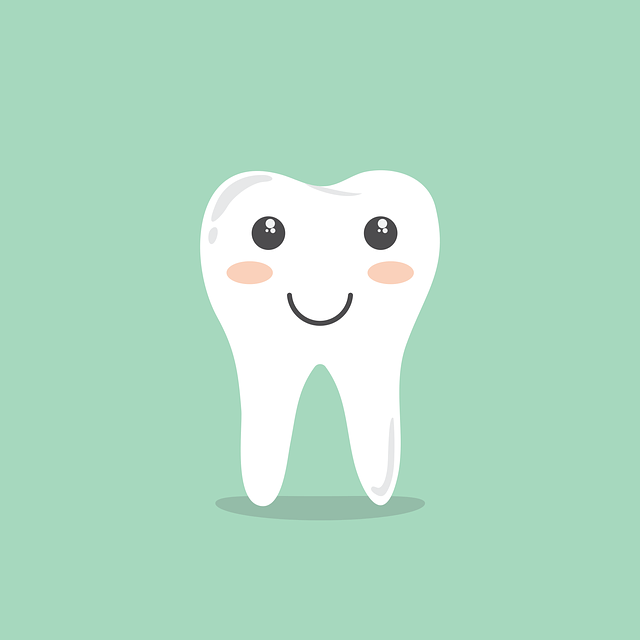
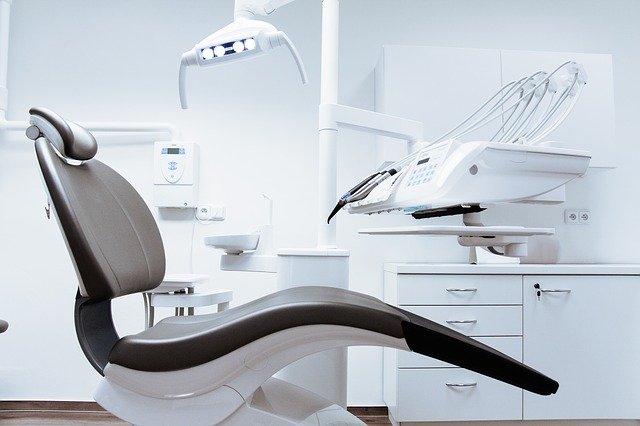

 Cosmetic procedures are often carefully planned. People prepare their schedules, follow pre-op instructions, and focus on skincare. But there’s one factor that’s easy to overlook:
Cosmetic procedures are often carefully planned. People prepare their schedules, follow pre-op instructions, and focus on skincare. But there’s one factor that’s easy to overlook: 
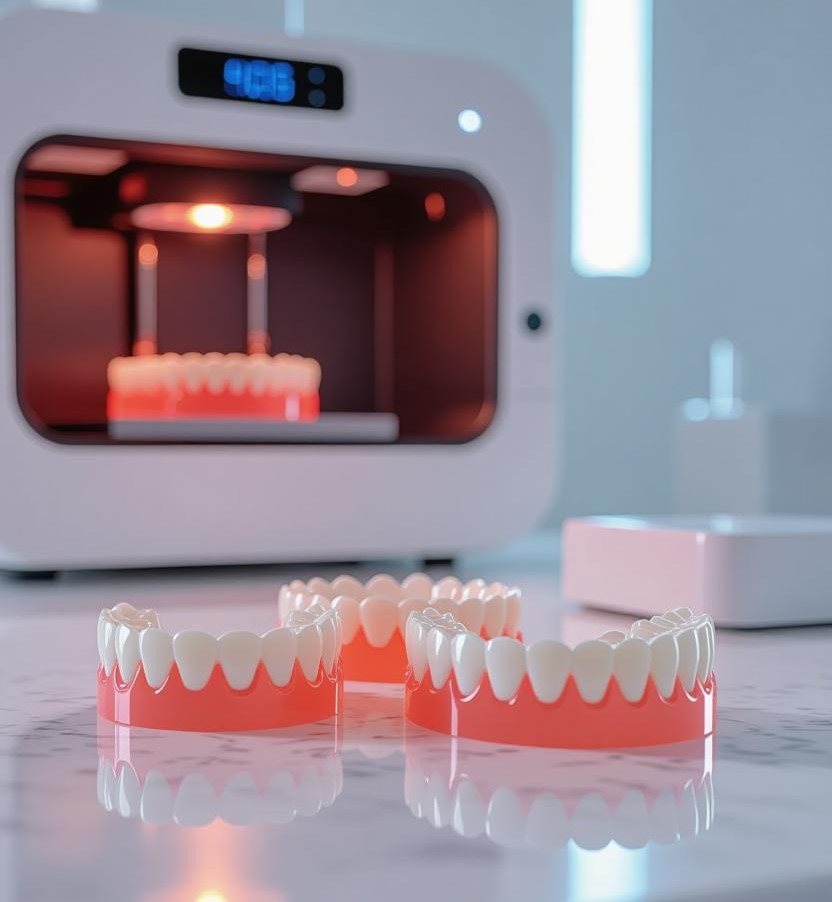
 If you struggle with sleep, you’re not alone. Millions of people have a hard time falling asleep, staying asleep, or
If you struggle with sleep, you’re not alone. Millions of people have a hard time falling asleep, staying asleep, or 
 Furthermore, closely related to mental well-being is oral health. Anxiety and depression, among other disorders, can influence oral hygiene practices, which results in dental problems. Conversely, the stress of dental operations or persistent oral pain might aggravate already-present mental health problems.
Furthermore, closely related to mental well-being is oral health. Anxiety and depression, among other disorders, can influence oral hygiene practices, which results in dental problems. Conversely, the stress of dental operations or persistent oral pain might aggravate already-present mental health problems. Xylitol is a natural sweetener that can stop bacterial growth and boost salivation production. Search for mints or gum with xylitol-sweeteners.
Xylitol is a natural sweetener that can stop bacterial growth and boost salivation production. Search for mints or gum with xylitol-sweeteners.
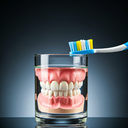 Although they are sometimes connected with anxiety and suffering, root canals are a routine dental operation that helps a tooth to be saved from extraction. A root canal is required to remove the infected tissue and seal the tooth to stop more issues when the nerve or pulp of a tooth gets infected or damaged. Still, the operation itself may cause discomfort and agony sometimes.
Although they are sometimes connected with anxiety and suffering, root canals are a routine dental operation that helps a tooth to be saved from extraction. A root canal is required to remove the infected tissue and seal the tooth to stop more issues when the nerve or pulp of a tooth gets infected or damaged. Still, the operation itself may cause discomfort and agony sometimes.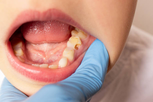 Small chips in front teeth are often repaired with dental bonding.
Small chips in front teeth are often repaired with dental bonding. Gum health may not be the first thing that comes to mind when caring for your toddler, but it is crucial to their general well-being. The mildest gum disease, gingivitis, is frequent in young children. Even though it can be prevented and treated, knowing the warning signs can help you catch it early.
Gum health may not be the first thing that comes to mind when caring for your toddler, but it is crucial to their general well-being. The mildest gum disease, gingivitis, is frequent in young children. Even though it can be prevented and treated, knowing the warning signs can help you catch it early. 













 Every year, hundreds of immigrant dentists enter the United States with a single goal, to build a career that helps others smile confidently. These skilled professionals restore teeth, boost self-esteem, and contribute to the nation’s growing healthcare system. Yet behind the polished smiles and busy clinics lies a quiet struggle many of them share, the legal challenge of securing U.S. citizenship while maintaining their demanding professional lives.
Every year, hundreds of immigrant dentists enter the United States with a single goal, to build a career that helps others smile confidently. These skilled professionals restore teeth, boost self-esteem, and contribute to the nation’s growing healthcare system. Yet behind the polished smiles and busy clinics lies a quiet struggle many of them share, the legal challenge of securing U.S. citizenship while maintaining their demanding professional lives.

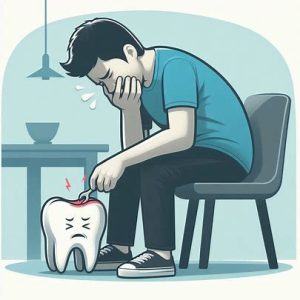 Oral health affects metabolism more than many realize. Chronic gum disease, cavities, and tooth decay can cause inflammation throughout the body. Inflammation disrupts metabolic processes, slowing the body’s ability to burn fat efficiently. Additionally, infections in the gums can lead to insulin resistance, a major factor in weight gain.
Oral health affects metabolism more than many realize. Chronic gum disease, cavities, and tooth decay can cause inflammation throughout the body. Inflammation disrupts metabolic processes, slowing the body’s ability to burn fat efficiently. Additionally, infections in the gums can lead to insulin resistance, a major factor in weight gain.

 Women’s health is more than just physical fitness; it includes mental, emotional, and dental wellness. Often, we focus solely on traditional healthcare routines, overlooking the impact that stress and self-care have on our entire body, including our teeth. Incorporating tools like vibrators into a self-care routine not only supports sexual wellness but also influences other areas of health, such as dental health. A surprising connection exists between reducing stress through sexual wellness and improving dental outcomes.
Women’s health is more than just physical fitness; it includes mental, emotional, and dental wellness. Often, we focus solely on traditional healthcare routines, overlooking the impact that stress and self-care have on our entire body, including our teeth. Incorporating tools like vibrators into a self-care routine not only supports sexual wellness but also influences other areas of health, such as dental health. A surprising connection exists between reducing stress through sexual wellness and improving dental outcomes.


 Among the hallucinogens that said to have effects on oral health are LSD, ecstacy, and Magic Mushrooms. These are stimulants that work on increasing the activity and energy level. As part of our research about these effects of those drugs, J’achète mes champignons hallucinogènes en ligne Montréal et Québec chez Sunsetcity.
Among the hallucinogens that said to have effects on oral health are LSD, ecstacy, and Magic Mushrooms. These are stimulants that work on increasing the activity and energy level. As part of our research about these effects of those drugs, J’achète mes champignons hallucinogènes en ligne Montréal et Québec chez Sunsetcity.




















 Costly treatments and the high cost of medications, especially in the underprivileged sectors and underserved areas, have caused the prevalence of
Costly treatments and the high cost of medications, especially in the underprivileged sectors and underserved areas, have caused the prevalence of  It can even be greater in Indian households faced with catastrophic medical expenditure even for both in-patient and out-patient hospital services.
It can even be greater in Indian households faced with catastrophic medical expenditure even for both in-patient and out-patient hospital services.






